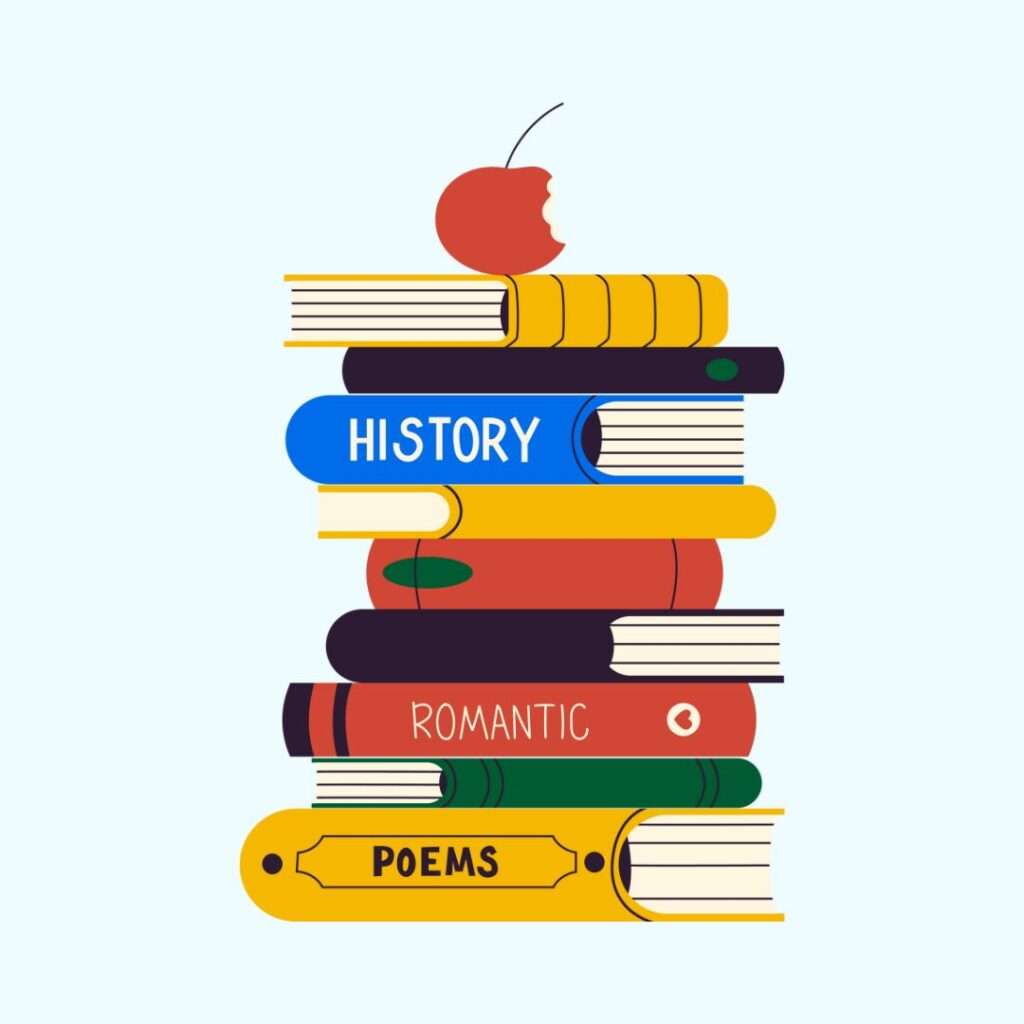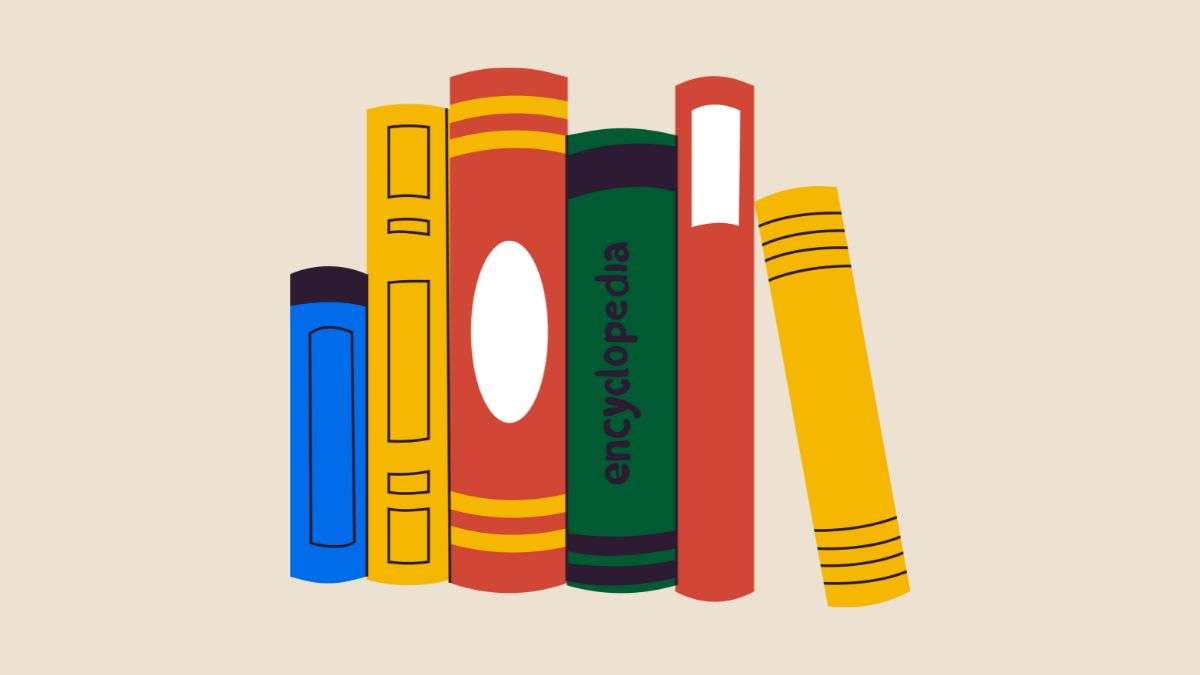Table of Contents
- Introduction
- The Rise of Memoirs in Non-fiction
- Delving into Self-help Books
- Exploring Other Popular Non-fiction Genres in 2024
- Building a Reading Habit for Non-fiction Enthusiasts
- Conclusion
Introduction
The write-up explores popular non-fiction genres in 2024. Non-fiction literature has grown in popularity in recent years, with readers increasingly seeking books that provide factual information, inspire personal growth, or offer new perspectives on the world around us. As we look ahead to 2024, a diverse range of non-fiction genres are poised to capture readers’ attention and dominate bestseller lists.
Introducing Non-fiction Genres
Unlike fictional stories, nonfiction encompasses literature based on facts and actual events. This broad category includes memoirs, biographies, self-help, history, science, and more. Non-fiction allows us to learn, understand different viewpoints, and expand our thinking. As trends and events shape society, new non-fiction genres also emerge to analyze and explain the changing landscape.
The Relevance of Non-fiction
Non-fiction serves many purposes in society. It allows readers to:
- Learn new information and skills
- Gain wisdom and insights from others’ experiences
- Understand historical events and social issues
- Spark inspiration to improve their lives
As non-fiction continues to increase in popularity, it highlights the human desire to keep learning, connect with shared stories, and seek personal growth throughout our lives.
The Excitement of Discovering New Non-fiction
One of the joys of non-fiction is stumbling upon a new book that completely absorbs you. An insightful memoir, a fascinating science read, or an inspiring self-help book can often resonate powerfully and leave a lasting impact.
As you explore trending and popular non-fiction genres in 2024, they may uncover fresh perspectives that change how they see themselves and the world. Whether it’s learning a new skill, gaining motivation to achieve their goals, or simply broadening their mindset, quality non-fiction has the power to shape readers’ lives profoundly.
The Rise of Memoirs in Non-fiction
Memoirs are a form of autobiographical writing that recount an author’s personal experiences and key memories. Unlike traditional autobiographies, which attempt to document an entire life objectively, memoirs focus on specific themes, relationships, or periods that hold emotional significance for the writer.
Memoirs have become increasingly popular over the past few decades for several reasons:
- Personal storytelling resonates. Readers connect deeply with the intimate, first-hand stories told in memoirs. Understanding how others live, especially those from different backgrounds or eras, allows readers to understand the human experience better.
- Authentic emotions draw readers in. By opening up emotionally, memoirists create a sense of empathy and relatability. Readers get hooked on the narrative arcs and poignant moments described.
- Potential for self-reflection: Seeing one’s own experiences reflected in another’s story can prompt internal growth and self-discovery for readers. Memoirs encourage reflection on one’s life path.
- Develops empathy for others: Reading about people whose lives seem vastly different fosters compassion. Memoirs give voice to those often overlooked, allowing readers to connect with the shared inner lives of all people.
As memoirs continue rising in popularity, they bring more diverse perspectives into the literary landscape – perspectives that resonate deeply despite surface differences.
Delving into Self-help Books
Self-help books are a genre focused on providing guidance, advice, and solutions for personal growth and development. Self-help has been a choice for many, and it will remain one of the most popular non-fiction genres in 2024. Non-fiction books aim to help readers improve various aspects of their lives through self-reflection and practical strategies.
Defining the Self-help Genre
Self-help books cover relationships, career advancement, financial literacy, physical health, mental well-being, spirituality, and more. They are written in an accessible way, allowing readers to understand concepts and apply takeaways easily. The self-help genre empowers readers to take control of their lives and make positive changes.
The Significance of Self-improvement
The growing popularity of self-help books highlights the significance many place on self-improvement and personal growth. In today’s complex world, people seek guidance to optimize their potential and overcome obstacles. Self-help literature provides mentoring at scale for those pursuing self-development.
The Impact of Self-help Books
Well-written self-help books can profoundly impact readers’ trajectories. By providing insights, advice, and evidence-based strategies, they equip people to evolve into their best version. Self-help books have guided many to find fulfillment in relationships, purpose in work, financial stability, inner peace, and more.
However, the effectiveness ultimately depends on the reader’s willingness to learn and take action. The self-help genre aims to catalyze growth, but lasting transformation requires a commitment.
Exploring Other Popular Non-fiction Genres in 2024
In addition to memoirs and self-help, we can anticipate other popular non-fiction genres in 2024 resonating among readers. As readers continue seeking out books that provide value, inform, or inspire, niche topics like finance, science, and more are seeing increased interest.
The Rising Prominence of Finance
Books on personal finance, investing, and money management are trending upward as economic uncertainty motivates people to take control of their financial futures. From budgeting basics to advanced investment strategies, finance books aim to make complex financial topics accessible to everyday readers. As wealth inequality persists globally, expect interest in the finance literature to remain high in 2024 and beyond.
Science Writing Captivating Mainstream Audiences
Science communication continues making inroads with general readers through compelling storytelling and creative framing of complex concepts. Books on astronomy, physics, biology, and more use narrative techniques to demystify science for non-expert audiences. As climate change and technology reshape society, readers recognize the value of scientific literacy in making sense of today’s world.
The Continued Relevance of Current Events
Non-fiction books analyzing politics, social issues, and current events will attract readers seeking to deepen their understanding of a rapidly changing world. Whether examining political divides, tackling systemic inequalities, or making sense of global conflicts, relevant non-fiction keeps readers informed and engaged as conscientious citizens.
Historical Narrative
Historical narrative intertwining factual history with compelling storytelling techniques is anticipated among the popular non-fiction genres in 2024 as readers seek to connect past events with contemporary issues. This genre offers an engaging way to understand the forces that have shaped society, providing context for current events and trends.
By presenting history through a narrative lens, these books make complex historical periods and figures accessible and relatable, satisfying a growing public appetite for deeper cultural and historical awareness. As individuals grapple with the implications of historical events on modern life—such as systemic inequalities, geopolitical shifts, or the legacy of technological advancements—historical narratives provide a rich, immersive experience that helps readers draw parallels between past lessons and present challenges.
The Allure of Lesser-known Genres
In 2024, expect emerging niche non-fiction genres to captivate adventurous readers. Examples include naturalist writing exploring humanity’s relationship with nature, contemplative literature grappling with existential questions, and speculative non-fiction using imagination to illuminate reality. For those fascinated by diverse ideas and perspectives, niche genres promise to inform, challenge, and expand one’s worldview unexpectedly.
Building a Reading Habit for Non-fiction Enthusiasts
The challenge of carving out time to read consistently is real. But with some planning and discipline, it is possible to cultivate a daily reading habit even with a busy schedule. You can start small – just 15-20 minutes a day. This way, reading feels manageable rather than intimidating. Over time, as it becomes a habit, you can increase the duration.
Integrate Reading into Your Routine
Look for pockets of time in your routine dedicated to reading. For instance, you could read for 15 minutes while commuting or waiting in line. Or perhaps set aside time to read before bed – it’s a great way to unwind.
- Keep your current read easily accessible so you can pick it up in your spare time.
- Schedule reading time in your calendar to make it a priority.
- Replace mindless scrolling with reading on your phone or e-reader when you have downtime.
Set Gradual Goals
Rather than an intimidating one-year goal, set a gradual goal to complete one book a month. As that becomes a consistent habit, you can increase the pace. Find small milestones that keep you motivated rather than a distant target.

Don’t abandon a book just because it’s challenging. Push through, take notes, and discuss concepts with others – this builds mental stamina for reading challenging non-fiction over time.
Explore What Truly Interests You
Read samples before committing to a book. Follow reviewers, blogs, and podcasts related to your interests. This helps discover intriguing reads you may have otherwise missed. Taking the time to find books that genuinely interest you makes reading a delightful lifelong journey.
Conclusion
We have explored emerging and popular self-help genres in 2024. In conclusion, the landscape of non-fiction in 2024 is rich and varied, offering readers a multitude of pathways to knowledge, self-improvement, and understanding.
Memoirs provide an intimate look at personal experiences. Self-help books offer actionable guidance for bettering one’s life, while genres like finance, science, and historical narrative address modern readers’ intellectual curiosity and practical needs. The continuing relevance of current events literature underscores the public’s desire to engage deeply with the world around them.
The allure of lesser-known genres further enriches the tapestry of non-fiction, inviting readers to explore uncharted territories of thought and experience. As we navigate the complexities of contemporary life, non-fiction stands as a beacon of learning, inspiration, and empathy—a testament to the enduring human quest for growth and connection.
Building a reading habit is key for those looking to integrate these popular non-fiction genres in 2024. Individuals can transform their lives through the power of the written word by finding the right balance between discipline and passion, carving out time for reading, and choosing subjects that resonate. Whether it’s to gain new insights, find motivation, or broaden one’s horizons, the popular non-fiction genres in 2024 remain an essential part of the conversation, challenging us to think, feel, and aspire to greater heights.
